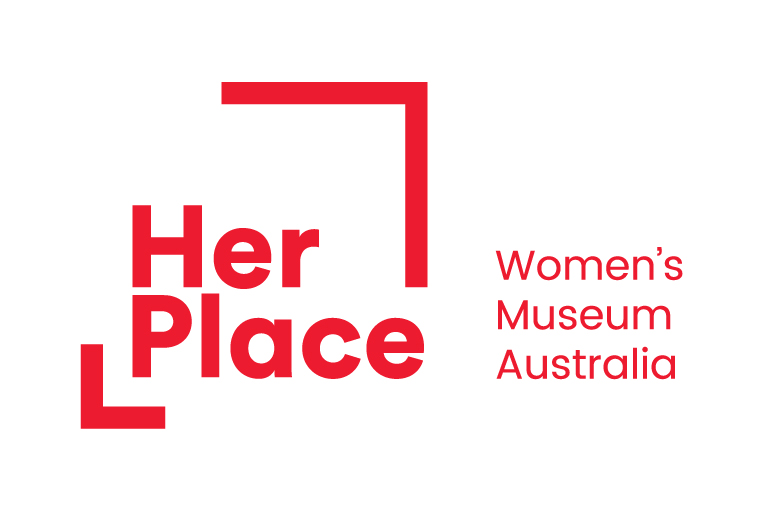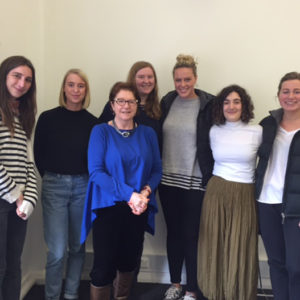This year, for the first time, Her Place engaged in a community storytelling and history writing project with creative writing students in the School of Culture and Communication, at the University of Melbourne.
As part of this exciting creative collaboration, Mary Delahunty, award-winning journalist and founding CEO and National Director of start-up company Writing Australia Ltd, spoke to students about the power of writing the untold stories of Australian women.
Distorting history is a technique used to hold gender back, Mary said. So we need to understand those techniques. To illustrate the capacity for writing to address the gendered distortions of history, she read from her latest book GRAVITY: Inside the PM’s office during her last year and final days. Mary described the sexual vilification and personal attacks Julia Gillard received during her time as PM.
If sexism in politics is so obvious, students asked, why don’t we have the language to convince conservatives to look at the evidence and make significant practical change? Is there a political advantage in playing sexist, toxic games? As the class came to an end there was a palpable feeling of excitement in the room. Students loitered around after class, keen to keep the discussion going. They were exhilarated. Was this the first time they had been invited to look at the history of Australian politics through an explicitly feminist lens?
Listening to Mary, I was reminded of just how urgently we need writers to look at the untold stories that make this country. As I sat thinking, I recalled something The Honourable Quentin Bryce said in her 2013 Boyer Lecture series: storytelling is part of a responsible citizenship. It is in all of us. It is, she said, how we talk to one another.
Our individual acts of storytelling shape our national narrative. So it is vital that we all have a place to come and share the stories of women. Storytelling is, in the end, a unique kind of advocacy.
Each time the students put pen to paper, as they dig deeper into the archives searching for women’s stories, this idea is becoming clearer for us all.

